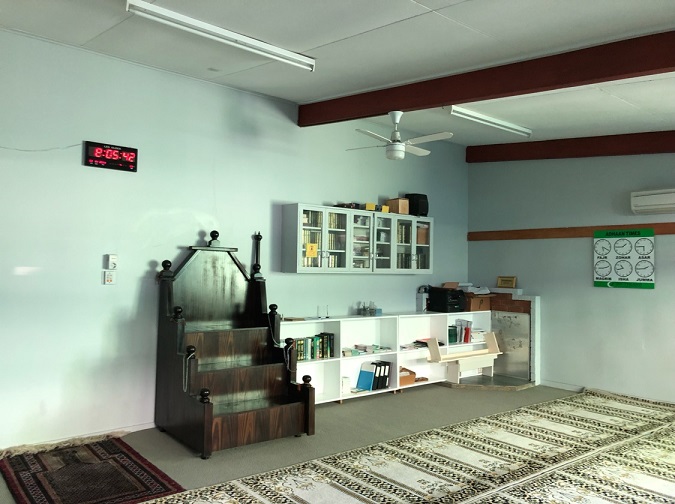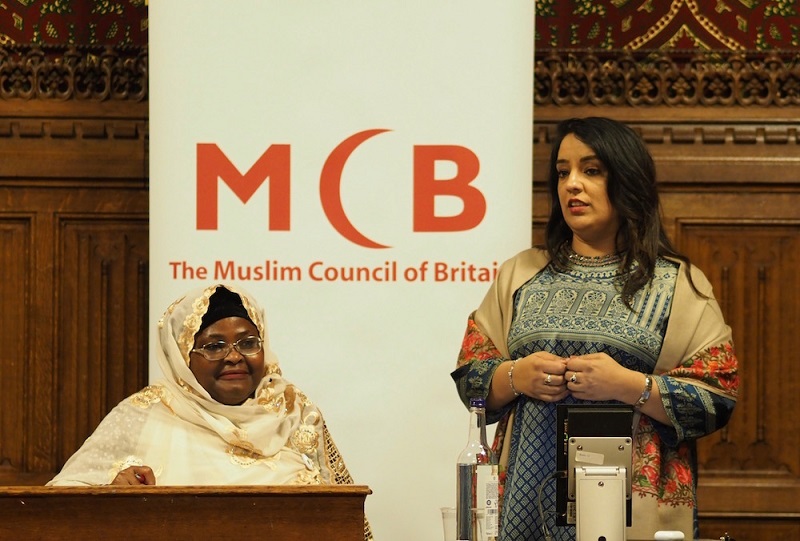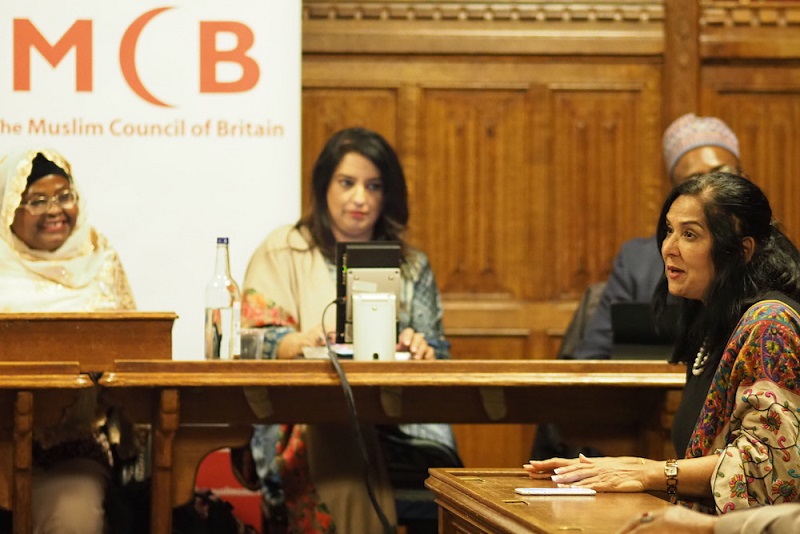As a Christian boy growing up in the suburbs of New York City, I used to plaster pictures of my favorite sports and pop stars all over my bedroom walls.
For years, I woke up every day to the smiling faces of Michael Jordan, Van Halen, Andre Agassi and many others.
At that stage in my life, these superstars were special to me. For through their God-given talents, I was drawn to my personal notion of human excellence.
Though the excellence they represented was in specific physical, and some might say trivial endeavors, their stardom magnified in me a burgeoning desire to explore and unlock my own human potential.
As fond as I was of my heroes, looking back, I now realize that my admiration of them was my way — reflective of cultural influences perhaps — of meeting the need for models on the path to self-actualization. For whether we realize it or not, we all seek examples of greatness as a means to unlocking our own.
In contemporary times, icons of pop culture are increasingly meeting this inherent need for examples of human excellence. According to how a given culture defines human greatness, the models we choose will vary accordingly.
At different times throughout history it was great scientists, musicians; prior to that it was great warriors, leaders and the like.
A Role Model
Role models of any age are those that personify and even transcend the values of their time; and they represent those values in their most dynamic form.
For the nearly one and a half billion Muslims in the world, however, Muhammad (peace be upon him), who is believed to be the final member of the fraternity of Divine Messengers preceding him (i.e. Jesus, Moses, Abraham, Noah, Isaac, Jacob, etc.), is still revered as the greatest representation of human excellence of all times and all places.
In an age that worships all that is cutting-edge and modern, nearly one-fifth of the world still defines greatness by this humble Arab trader of the 7th. century A.D.
‘Stuck in time’, ‘archaic’, ‘stone-aged’, and ‘backward’ are some of the terms used to describe Muslims because of their stubborn reverence for a man who lived over 1,400 years ago and who continues to inspire the hearts and souls of so many.
Yet whether one is Muslim or other, we all have much to learn from the life and teachings of Prophet Muhammad; for his message urging humanity to the worship of the one Omnipotent Being was universal.
The message aimed at reuniting the human family through belief and virtuous action under the pretext of our most universal quality, that is, the human being as khalifah (God’s vicegerent).
A Universal Teacher of True Humanity
So just how is it that a young, white, middle-class Christian-American man such as the present author and others like me could come to embrace an ‘ancient’ Arab figure as his ultimate role model and guide for living?
Muhammad (peace be upon him) represents all that is good about being human.
To Muslims, he is not the embodiment of greatness due to his worldly accomplishments; but rather because he represents the highest attainment of God-given human potential, a potential that lies dormant within us all.
In such wisdom, he not only represents human ‘perfection’ from the perspective of religion; but universally, he is a witness to human excellence.
Mahatma Gandhi once said:
“I wanted to know the best of the life of one who holds today an undisputed sway over the hearts of millions of mankind…” (A statement published in Young India, 1924)
Through the life and example of Muhammad (PBUH), Islam honors everyone who personifies Divine qualities and attributes through noble acts of courage, mercy, compassion, generosity, kindness, justice, humility, self-effacement, selflessness, truthfulness, determination and the like.
Guidance to Human Perfection
By loving Muhammad and by following his example, we express our desire to be the best that we can be; we strive to achieve intimacy with God through none other than being complete human beings. For by being such, we willfully embrace our role and purpose in the Divine order of Creation.
Living in the footsteps of Prophet Muhammad is a life of meaning, purpose, direction and continuous progress; for to achieve our human potential, we need examples. We all need a guiding light, one that can be termed “complete” if not in an absolute sense, then at least in a human sense.
For Muslims, Prophet Muhammad is our benchmark; he is our criterion for understanding how much we have learned in the classroom of life and how much more work is required. Moreover, this kind of achievement cannot be measured with dollars and cents.
The words Muhammad (PBUH) spoke are a testament to his refined character and disposition. Despite what the ignorant on both sides of the geopolitical aisle might say about him, he was a man of peace; he was a man of compassion who was steadfast in his mission, despite the great adversity he faced.
For rather than war, Prophet Muhammad was to seek peace. Someone said to the Prophet:
“Pray to God against the idolaters and curse them.”
The Prophet replied:
I have been sent to show mercy and have not been sent to curse. (Muslim)
Muhammad (peace be upon him) was not a model for the ‘whats’ in life. He did not teach us to be scholars, doctors, lawyers or anything else. For his mission was not to guide us to the ends, but rather to show us how to perfect the means.
In this way, he showed us how to make every act of our lives a spiritual and meaningful experience; he showed us a means to attain God’s love.
And he never pretended or claimed to be Divinity itself, but rather taught us how to be divine-like. He taught us how to achieve closeness to God through loving obedience.
Prophet Muhammad urged his followers not to worship him; or to make him out to be anything other than a humble messenger; yet in his delivering of the message of Divine Unity over a period of 23 years, he modeled godliness and taught the same.
(From Discovering Islam’s archive.)
The post Not a Pop Star Leading My Way: Muhammad Does appeared first on About Islam.
source
https://aboutislam.net/reading-islam/about-muhammad/not-a-pop-star-leading-my-way-muhammad-does/


























